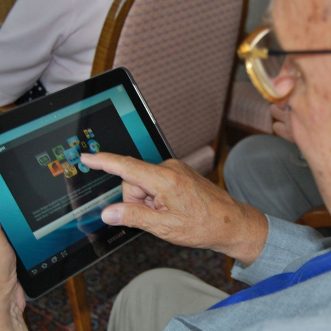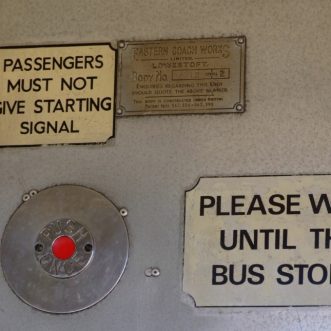
An opportunity
Yesterday brought home to me just how ageist our banks have become.
My husband helps to run a small non-profit organisation. Just over a year ago, they were told their account wasn’t active enough and would be closed.
13 months later they are still trying to open a replacement.
Doing anything face-to-face is out of the question – the banks simply won’t countenance that. Everything has to be done as a combination of phone calls with a bank contact and online.
First of all, the bank contacts are obviously overloaded. It took months to speak to anyone, and months for them to get back with a decision.
But the online part is the pits.
Because the non-profit does things properly, several signatories are involved. And as with many small, local non-profits, all of them are over 60, some well over 60 – because that’s how they have the time to devote to these causes.
They don’t all have mobile phones, and if they do, they don’t carry them around all the time. So a simple thing like 2-factor identification becomes a real difficulty.
Then, when they get things wrong, the error messages coming back are unhelpful, for example being told you have entered the wrong email address via an an email sent to that address (!!). So they get worried about getting things wrong, and do what seems sensible. They write things down, take things slowly.
But their fingers aren’t as fast as they used to be, so they get logged out of screens before they’ve had time to type things in.
And so they get frustrated, and have to spend more time getting together to try and sort things out.
These are intelligent, kind, generous people who are just trying to help their community. All they are looking for is somewhere safe to keep the money people have trusted them with; somewhere that will give them an audit trail for the few transactions they need to carry out.
Tough. Because banks have clearly decided that people don’t matter. And what could have taken a day to set up in-branch has taken 13 months – so far.
There’s a massive opportunity here for someone prepared to offer a no-frills, human service. Perhaps not for long, since the baby-boomer bump will be over in a decade or so, but for long enough to do decent business.
I wonder if anyone will take it.








